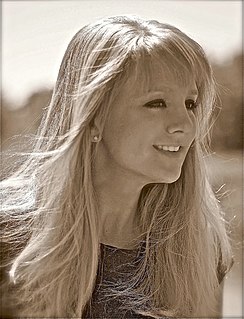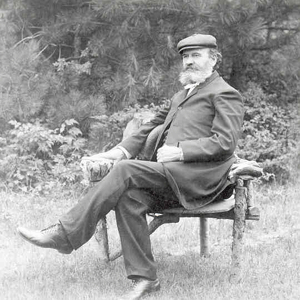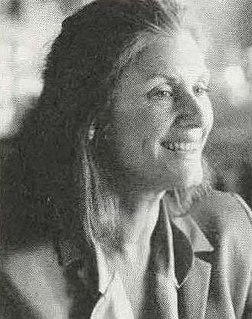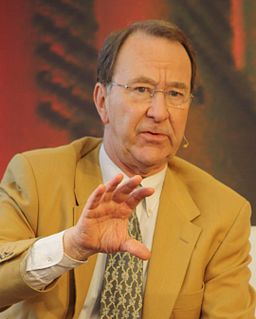A Quote by Jenna Blum
Heimat. The word mean home in German, the place where one was born. But the term also conveys a subtler nuance, a certain tenderness. One's Heimat is not merely a matter of geography; it is where one's heart lies.
Related Quotes
Of these three words, direction, control, and guidance, the last best conveys the idea of assisting through cooperation the natural capacities of the individuals guided; control conveys rather the notion of an energy brought to bear from without and meeting some resistance from the one controlled; direction is a more neutral term and suggests the fact that the active tendencies of those directed are led in a certain continuous course, instead of dispersing aimlessly.
What I see here, what I feel here is that people in your world believe spirituality isn't distant. It's close and real. Religion seems born in the home, stays in the home. I mean, the services are even held in the home. And there's not one person in charge, one speaker set above the others. It's farmers and carpenters, and well, just average folk speaking spontaneously about the message they find in the Bible. [...] A message from the heart to the heart.
Lies 1: There is only the present and nothing to remember. Lies 2: Time is a straight line. Lies 3: The difference between the past and the futures is that one has happened while the other has not. Lies 4: We can only be in one place at a time. Lies 5: Any proposition that contains the word 'finite' (the world, the universe, experience, ourselves...) Lies 6: Reality as something which can be agreed upon. Lies 7: Reality is truth.
Iris Krasnow has managed to demystify the workings of long-term marriages by confirming the mysterious uniqueness of each one. The secret, she finds, lies in the way two people negotiate their own personal amalgam of companionship and sex, compromise and disappointment, lust and tenderness, trust and lies. The challenge for the rest of us is to do the same.
The word "God" is used in most cases as by no means a term of science or exact knowledge, but a term of poetry and eloquence, a term thrown out, so to speak, as a not fully grasped object of the speaker's consciousness -- a literary term, in short; and mankind mean different things by it as their consciousness differs.
People are born in a certain place, and in a certain society. I don't mean to sound like a determinist, but to think we're entirely free to do whatever we want betrays a certain class perspective. For most people who have to work for a living, and work at jobs under conditions they may not like, it's just not simple when it comes to freedom.
Ask most people who live in a home and have a mortgage on it whether they own their own home and the answer is almost guaranteed to be a resounding 'yes'. Yet it's the wrong answer. Technically speaking, until they have paid the mortgage off, they don't own it. Herein lies the difference between reality and illusion, between ownership and control. This confusion lies not only at the individual level, but also at the heart of government thinking.







































